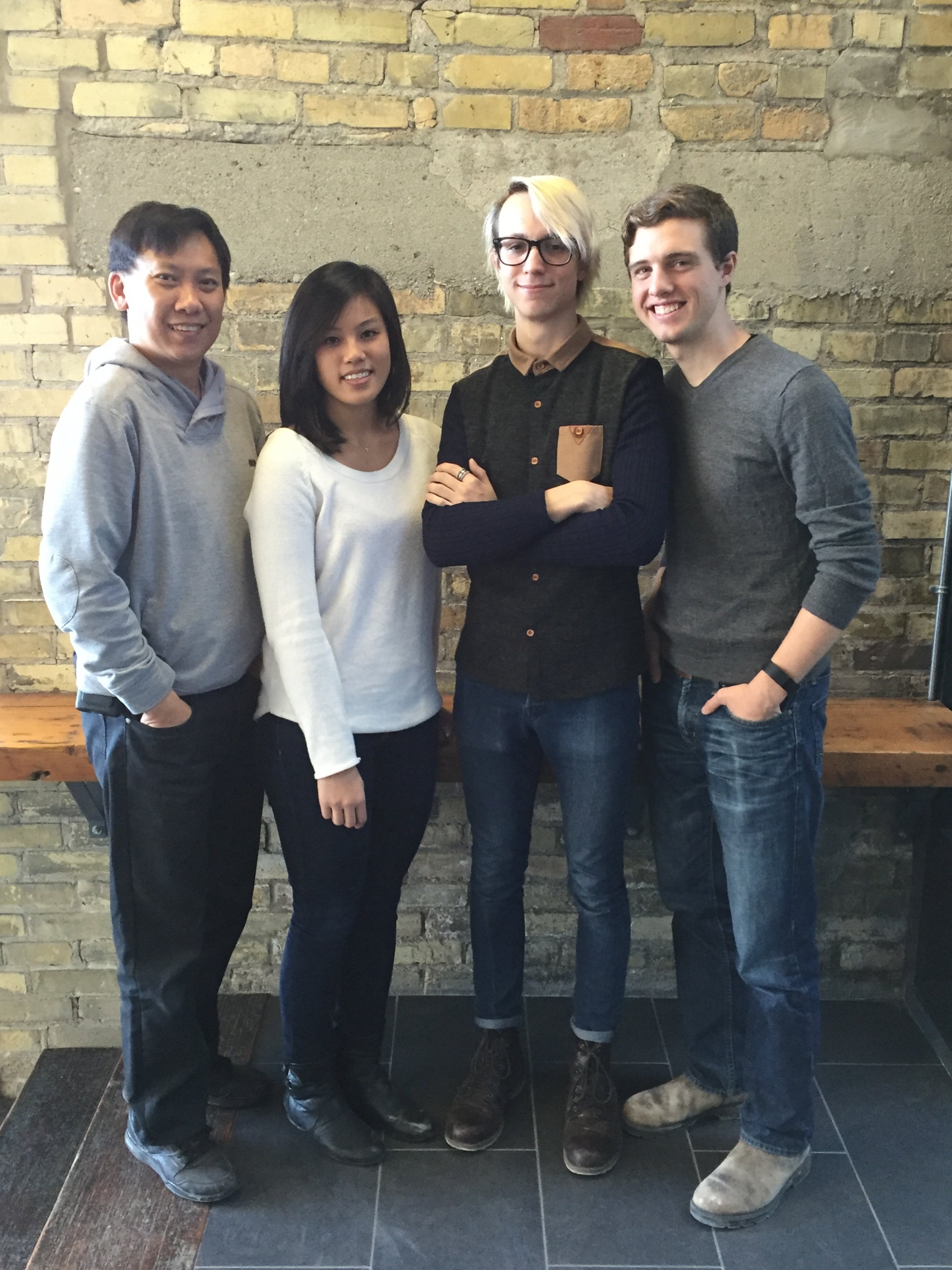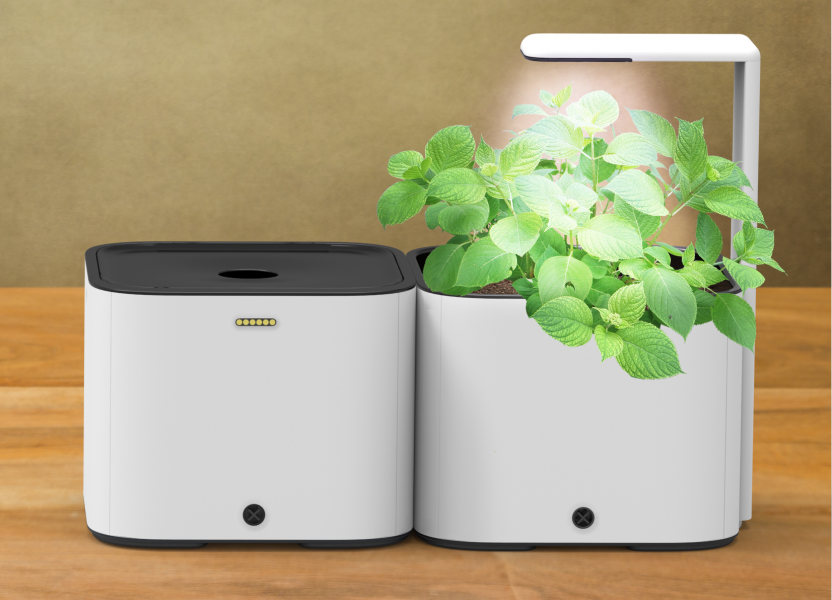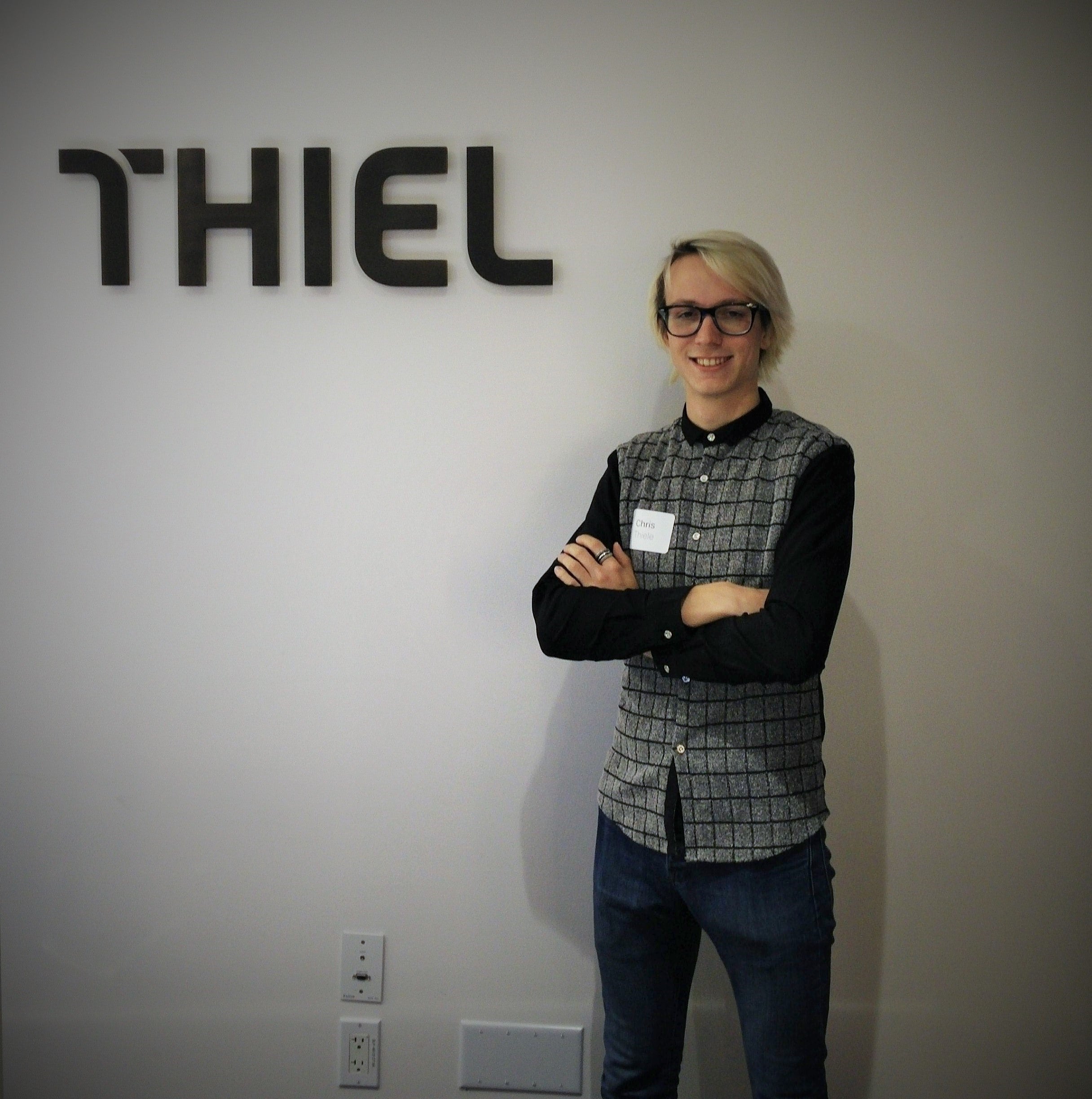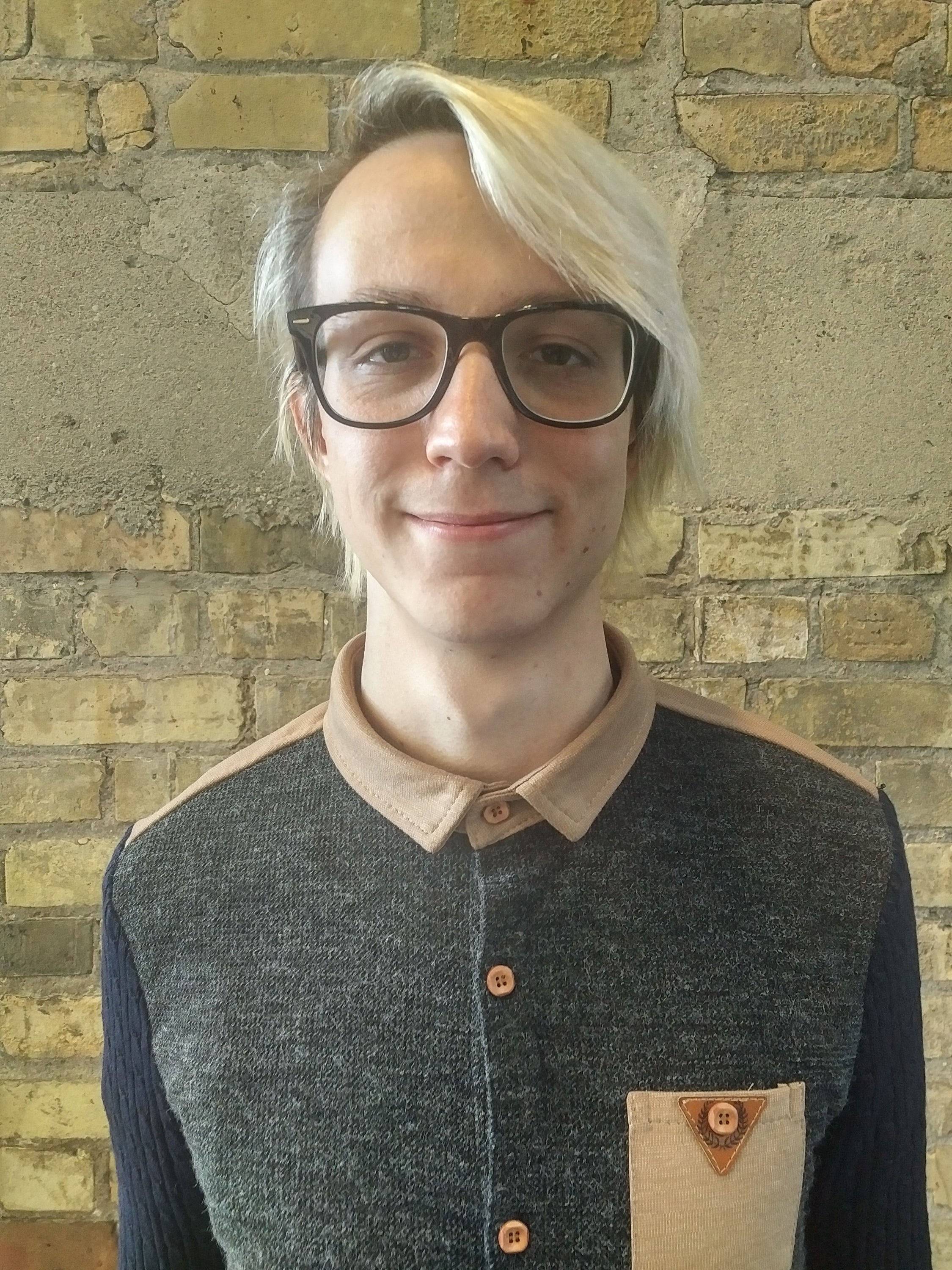Chris Thiele wrote his last exam of the spring term in the middle of August, and by the first week of September, he began his second Enterprise Co-op (E Co-op) term on a plane to Hong Kong.

Balancing the roles of student and startup founder has become routine for the 4A electrical and computer engineering student. He has been working on the smart gardening system Grobo since spring 2014, when he met his co-founder Bjorn Dawson in Conrad’s BET 300: Foundations of Venture Creation class.
With four months to focus solely on building Grobo, Chris charted an ambitious course that took him from Hong Kong, to the manufacturing centres of China, to California, and back to Waterloo in time for the E Co-op end-of-term presentations—with many lessons learned along the way.
The Grobo team: Simon Ho, Stefanie Chan, Chris Thiele, and Bjorn Dawson.
Focusing in on user experience
When the Grobo team’s original mission in Hong Kong fell through, they got creative to make use of their time there. During this transition period, Chris began to focus on creating rigorous company documentation. The exercise of examining the company from all aspects allowed Chris to see each area of the company—from technical development to marketing—as intrinsically connected.
“Through that process, I realized that when you’re building a product, it’s all about user experience,” he explains. “In order to get the user experience right, you have to know who your user is.”

When it comes to hardware products, user experience encompasses more than the time spent actually using the product; the experience begins the moment the user opens the box.
Packaging, ease of assembly, shape, and size are all important considerations. Every additional feature results in a higher cost to the end user; thus the feature must improve the experience enough to justify the extra cost.
With this realization, Chris began to examine the each individual component of the device with an eye to user experience. To determine which features were worth keeping, he conducted a validation process on every feature, examining its viability, feasibility, and desirability. If each criterion wasn’t satisfied, the feature did not make it to the final product.
Now, I view our product as much more than what it is — a plastic device with various features and parts, that people plug in and use,” Chris explains. “I see it as an experience that users actually want to be part of their lives."
Face-to-face relationship building
Chris’ time in Hong Kong yielded another benefit for the company: due to its close proximity to Shenzhen, the manufacturing capital of the world, he was perfectly positioned to begin the process of engagement with vendors, manufacturers, and suppliers, forming these preliminary relationships in person.
“Real-life meetings make a big difference,” Chris says. “In person, you understand who you are dealing with right away, you can explain what you need, and you can get a quote or work on a solution right there. Often you can take a tour and see the assembly process and working conditions.”

After this last stop of his whirlwind term, Chris made his way back to Grobo’s home base in the Velocity Foundry, with a fresh perspective and a few more stamps on his passport.
About Chris
